Moringa powder, derived from the leaves of the Moringa oleifera tree, is a nutritional powerhouse packed with vitamins, minerals, and antioxidants. Its origins trace back to ancient Ayurvedic practices and it has gained global recognition for its health benefits.
Table of Contents
Understanding Quality in Moringa Powder
The quality of Moringa powder is influenced by various factors. The geographic location of cultivation, harvesting methods, drying, and processing techniques significantly impact its nutrient content and overall quality.
- Sourcing: The geographical location where the Moringa trees are cultivated plays a significant role. Soil quality, climate, and cultivation practices impact the nutrient density of the leaves.
- Harvesting Methods: How the leaves are harvested matters. Gentle harvesting techniques help retain the leaves’ nutritional content.
- Processing Techniques: The process of drying and grinding the leaves into powder affects its quality. Low-temperature drying methods help preserve the nutrients.
- Purity and Contaminants: High-quality Moringa powder is free from contaminants like pesticides, heavy metals, and other impurities.
- Color and Aroma: Fresh, high-quality Moringa powder typically exhibits a vibrant green color and a fresh, earthy aroma. These characteristics indicate its freshness and nutrient content.
- Taste: Quality Moringa powder has a mild, pleasant taste without any bitter notes, signifying its purity and good processing methods.
Identifying High-Quality Moringa Powder
High-quality Moringa powder exhibits specific characteristics. It should boast a vibrant green color, indicating freshness and high nutrient content. The aroma should be reminiscent of fresh greens, and the taste should be mild and earthy, with no signs of bitterness.
- Color: The color of Moringa powder can be a key indicator of its quality. Fresh, high-quality Moringa powder typically displays a vibrant green hue. This coloration signifies a rich presence of chlorophyll, indicating high nutrient content and freshness. However, slight variations in color might occur due to differences in drying methods or the age of the leaves used.
- Aroma: A distinguishing characteristic of quality Moringa powder is its aroma. When you open a package of good-quality Moringa powder, you should notice a fresh, earthy scent reminiscent of green tea or fresh vegetables. This aroma indicates the preservation of the natural compounds and freshness of the powder.
- Taste: Quality Moringa powder offers a mild, pleasant taste. It shouldn’t have any overwhelming bitterness or off-flavors. Instead, it might have subtle earthy notes, allowing for versatile use in various recipes without altering the dish’s taste significantly.
- Texture: The texture of the powder is another factor to consider. High-quality Moringa powder is finely ground, ensuring a smooth, consistent texture without any clumps or grittiness. This consistency indicates proper processing methods and a well-ground product.
- Solubility: When mixed with water or other liquids, quality Moringa powder should dissolve easily, forming a smooth solution without leaving residues or clumps. This solubility allows for convenient incorporation into beverages or recipes.
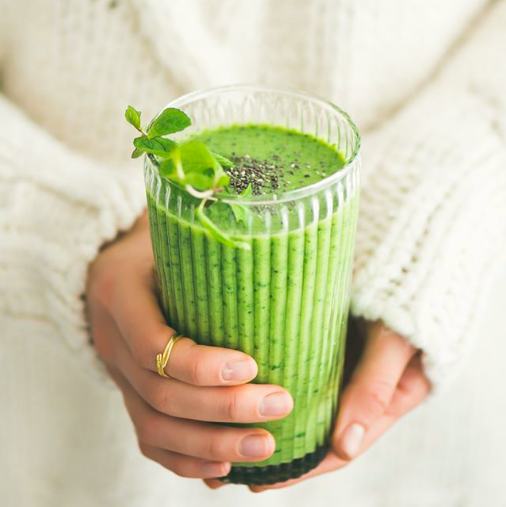
Certifications and Labels
When purchasing Moringa powder, certifications and labels serve as indicators of quality. Look for certifications like USDA Organic, indicating the absence of pesticides and chemicals, or Fair Trade, highlighting ethical sourcing and fair compensation for farmers.
- USDA Organic: This certification assures that the Moringa powder has been produced without synthetic pesticides, herbicides, or GMOs. It signifies adherence to stringent organic farming practices, ensuring a more natural and chemical-free product.
- Fair Trade Certification: Moringa powder bearing this label indicates that the product has been sourced ethically. Fair trade practices ensure that farmers receive fair compensation for their work, promoting sustainability and supporting local communities.
- Non-GMO Project Verified: This label confirms that the Moringa powder does not contain genetically modified organisms. It assures consumers concerned about GMOs that the product meets specific non-GMO standards.
- Quality Control and Testing: Some manufacturers conduct independent testing or quality control measures. These might include third-party lab testing for purity, potency, and absence of contaminants, providing additional assurance of quality.
- Country of Origin and Processing: Labels indicating the country of origin and processing methods offer insights into the product’s sourcing and manufacturing practices. Transparency about where the Moringa was grown and how it was processed can be valuable information for consumers.
Choosing the Right Supplier
Selecting a reputable supplier is paramount. Research suppliers that prioritize sustainable practices, transparent sourcing, and have a commitment to fair trade principles. This ensures ethical production and quality standards.
- Reputation and Reliability: Look for suppliers with a solid reputation and a history of reliability. Research online reviews, testimonials, and feedback from customers to gauge their credibility and commitment to quality.
- Sourcing Practices: Opt for suppliers who prioritize ethical sourcing. They should transparently disclose the source of their Moringa leaves, ensuring they come from reputable farms that follow sustainable and responsible cultivation practices.
- Quality Standards: Choose suppliers who uphold strict quality standards throughout their production process. This includes proper harvesting, drying, and processing techniques that maintain the integrity and nutritional value of the Moringa leaves.
- Certifications and Compliance: Suppliers adhering to certifications like USDA Organic, Fair Trade, or other quality assurance labels indicate a commitment to meeting industry standards. These certifications validate their dedication to ethical practices and product quality.
- Customer Service and Support: A supplier offering excellent customer service and support can enhance the overall buying experience. They should be responsive to inquiries, provide detailed product information, and offer assistance when needed.
- Transparency and Information: Suppliers who are transparent about their sourcing, production methods, and product details instill trust. They should readily provide information about their Moringa powder, including its origin, processing, and quality control measures.
Tips for Storage and Shelf Life
Proper storage is essential for maintaining the potency of Moringa powder. Store it in an airtight container, away from direct sunlight and moisture, to preserve its nutrients and extend its shelf life.
- Airtight Container: Store Moringa powder in an airtight container to protect it from exposure to air, moisture, and light. This helps preserve its freshness and prevents degradation of nutrients.
- Cool, Dry Place: Keep the container in a cool, dry place away from direct sunlight. Excessive heat and light can cause the powder to lose its nutritional value and vibrant color.
- Avoid Humidity: Moisture is a common culprit for spoilage. Ensure the storage area is dry, as humidity can lead to clumping and spoilage of the powder.
- Minimal Exposure to Air: Limit the time the container is open to prevent unnecessary exposure to air, which can lead to oxidation and a decrease in potency.
- Regular Check-Ups: Periodically check the stored Moringa powder for any signs of moisture, clumping, or changes in color or aroma. This helps detect any potential issues early on.
- Shelf Life: While the shelf life of Moringa powder can vary, when stored correctly, it can typically last around six months to a year without significant loss of quality. However, it’s best to use it within six months for optimal freshness and potency.
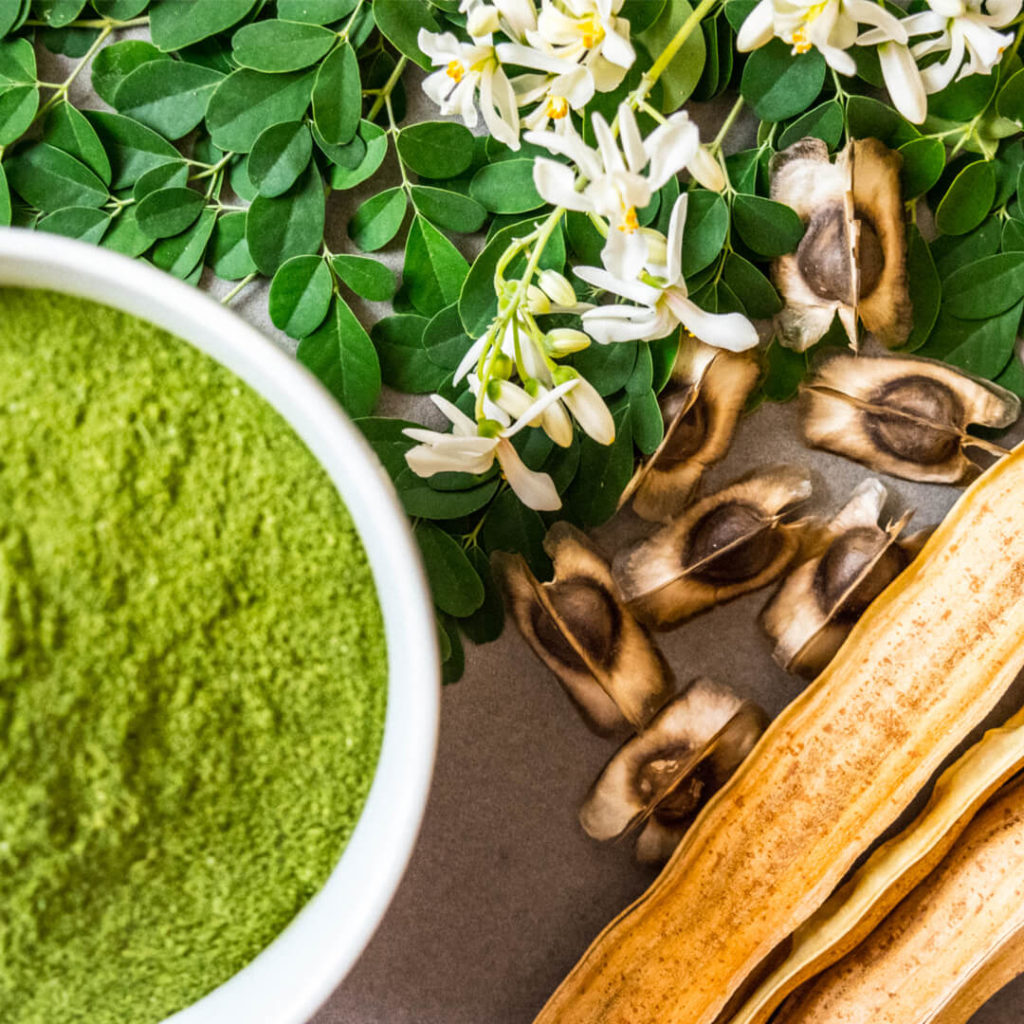
Usage and Dosage Guidelines
Incorporating Moringa powder into your diet offers numerous health benefits. While there’s no set dosage, starting with small amounts (about a teaspoon) and gradually increasing is recommended. It can be added to smoothies, juices, soups, or sprinkled over meals.
- Starting Dosage: For beginners, a suggested starting point is 1/2 to 1 teaspoon of Moringa powder daily. Gradually increasing the dosage allows your body to acclimate to the supplement.
- Optimal Timing: Moringa powder can be consumed at any time of the day. Some prefer it in the morning to kickstart their day, while others incorporate it into their afternoon smoothies or evening meals.
- Versatile Usage: Incorporating Moringa powder into your diet is flexible. You can blend it into smoothies, mix it with juices, sprinkle it on salads, or even add it to soups and stews after cooking to preserve its nutrients.
- Avoiding Heat: To retain the potency of Moringa powder, it’s advisable to add it to dishes after cooking or in beverages that aren’t excessively hot. High temperatures can degrade its nutritional value.
- Dosage Adjustments: The recommended daily dosage for adults typically ranges from 1 to 2 teaspoons. However, individual responses vary, so adjusting the dosage based on personal health goals and body’s reactions is recommended.
- Consistency in Consumption: For optimal benefits, consistency matters. Incorporating Moringa powder regularly into your routine allows for better absorption and potential health advantages over time.
- Potential Side Effects: While generally safe, some individuals might experience mild digestive discomfort initially. Observing your body’s response and adjusting the dosage accordingly can help mitigate these effects.
- Consultation with Professionals: If you have underlying health conditions, are pregnant, or breastfeeding, consulting a healthcare professional before introducing Moringa powder is advisable.
- Quality Assurance: Always prioritize high-quality Moringa powder from reputable sources. Ensuring its purity and proper processing guarantees maximum nutritional benefits.
Customer Reviews and Feedback
Exploring customer reviews provides valuable insights. Look for genuine feedback regarding the product’s effectiveness, taste, and overall quality. These firsthand experiences aid in making informed decisions.
- Online Platforms: Check reputable online retailers, health forums, or social media platforms for reviews and testimonials about various Moringa powder brands. These platforms often feature honest opinions from consumers who have used the product.
- Product Websites: Visit the official websites of Moringa powder brands. Look for customer reviews or testimonials featured on their sites. Pay attention to both positive and critical feedback to gain a balanced perspective.
- Authenticity Check: Ensure the reviews you’re considering are genuine and not manipulated. Look for detailed reviews with specific experiences rather than generic or overly positive feedback that might seem unrealistic.
- Product Effectiveness: Pay attention to customer comments regarding the effectiveness of the Moringa powder. Look for feedback on health improvements, energy levels, or any noticeable benefits experienced after using the product.
- Quality and Taste: Reviews often mention the taste, texture, and overall quality of the Moringa powder. Understanding different people’s perceptions can help assess if the taste aligns with your preferences.
- Reliability of Supplier: Assess reviews regarding the reliability of the supplier or brand. Look for comments on customer service, shipping times, and any issues related to the purchasing experience.
- Comparative Analysis: Comparing multiple reviews across different brands allows for a comparative analysis. This helps in identifying recurring positive or negative aspects, aiding in informed decision-making.
- Balancing Feedback: While considering reviews, it’s essential to balance both positive and negative feedback. This provides a comprehensive understanding of the product’s strengths and limitations.
Source to Get Organic Moringa Leaf Powder Capsules
| Moringa Leaf Powder Capsules |
| Organic Moringa Leaf Powder Capsules |
| Best Moringa Leaf Powder Capsules |
| High-quality Moringa Powder Capsules |
| Affordable Moringa Powder Capsules |
Conclusion
Selecting high-quality Moringa powder involves considering multiple aspects, from sourcing and certifications to customer feedback. Armed with this comprehensive guide, consumers can confidently choose Moringa powder that aligns with their health preferences.
FAQs About Moringa Powder
- Can Moringa powder be used during pregnancy or breastfeeding?
- What are the specific health benefits of Moringa powder?
- Are there any potential allergic reactions to Moringa powder?
- Can Moringa powder be consumed by children?
- Is there a recommended time of day to consume Moringa powder for maximum benefits?





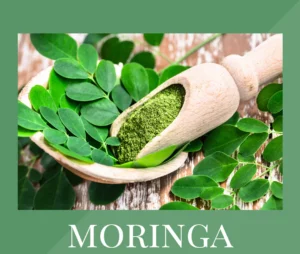
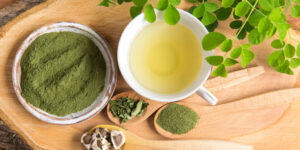
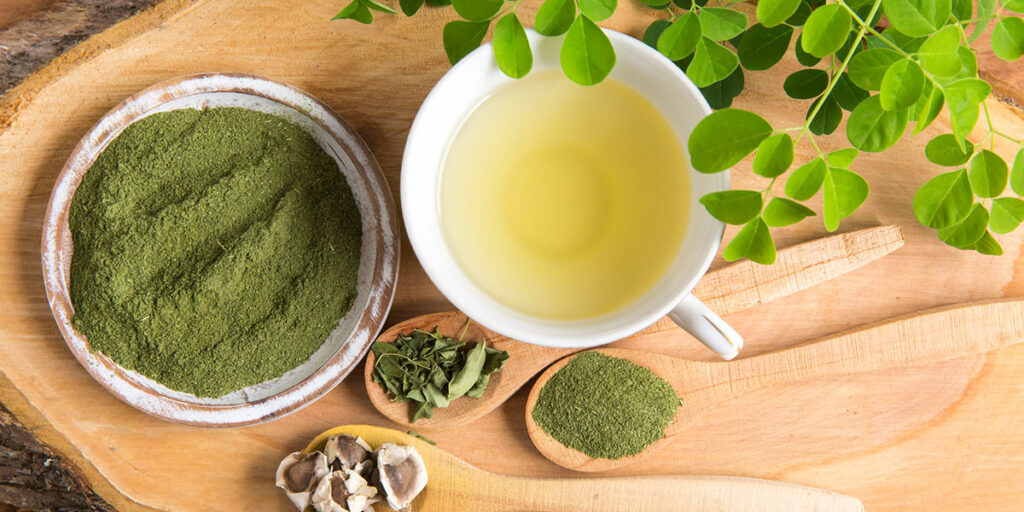
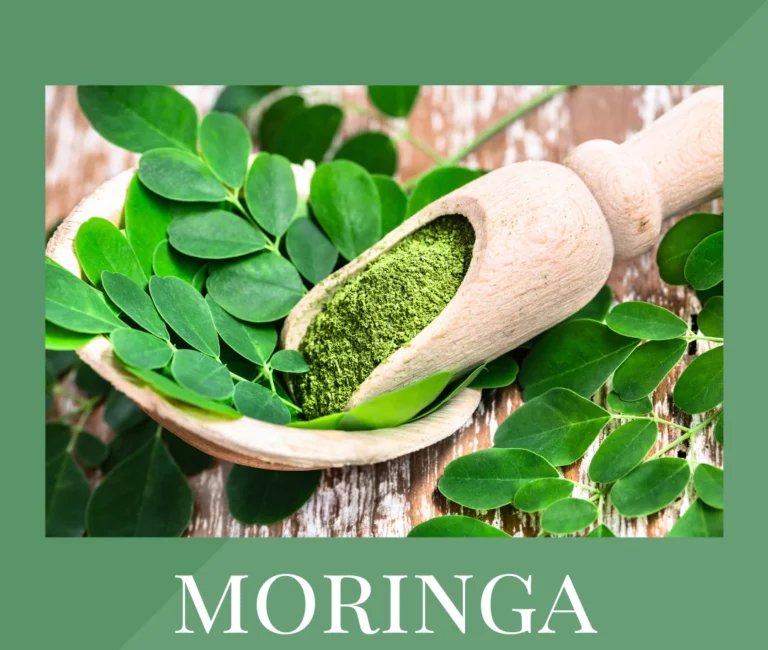
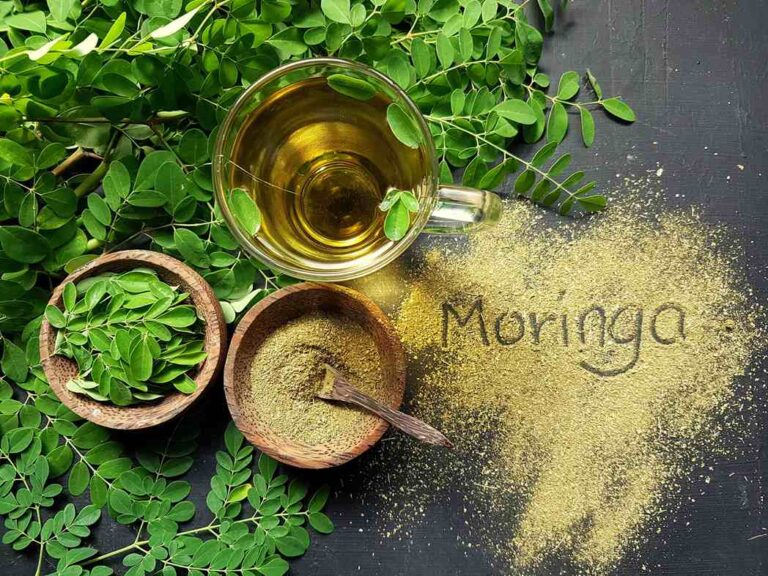

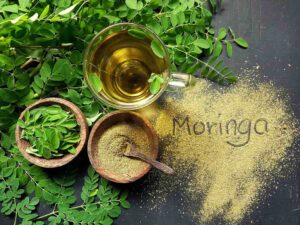


+ There are no comments
Add yours